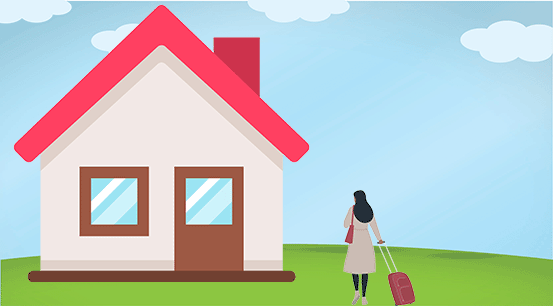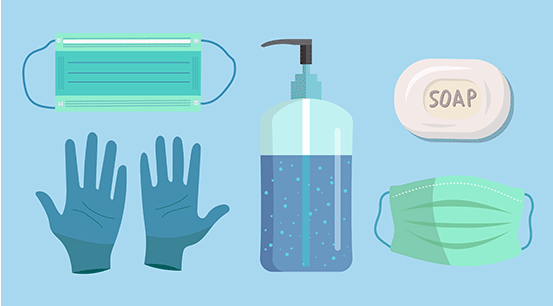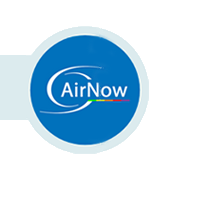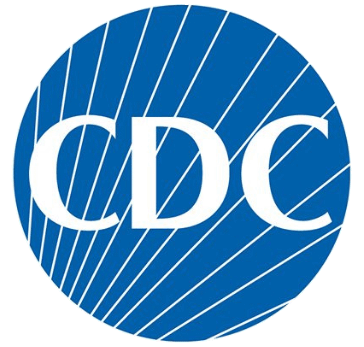Clean Up Safely
Cleanup work can expose you to ash and other products of a fire that may be harmful. Children, pregnant women, and people with asthma, chronic obstructive pulmonary disease (COPD) or heart disease need to be especially careful about breathing in or handling ash and other debris. Pay attention to how you feel and get medical help if needed.
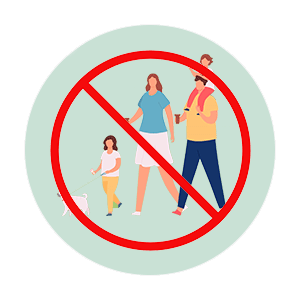
Protect yourself, children, and pets.
- Children should not help with cleanup work and should not play in ash.
- Make sure ash and debris have been removed before bringing children and pets back home.
- Protect yourself by wearing gloves, long-sleeved shirts, long pants, shoes, socks, and change clothing before you leave cleanup sites and before being in contact with sensitive groups.
- Cloth masks will not protect you from ash. Instead, wear a tight-fitting respirator mask that has been approved to protect against ash. Look for the words "NIOSH" and "N95" printed on the mask.
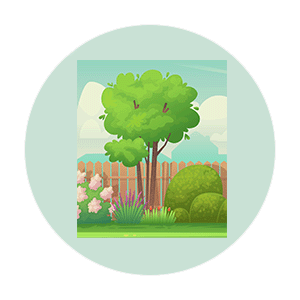
Safety outdoors.
- Check with your local hazardous waste authorities about appropriate disposal of waste, debris, and ash. Ash can be disposed of in the garbage in double bags. Avoid open burning and washing ash into storm drains.
- Look for leaking containers and reactive household chemicals like drain cleaner and bleach. If you find these products, dispose with caution.
- Don’t use leaf blowers or do anything else that will put ash into the air.
- Wash any home-grown fruits or vegetables and wipe down play equipment near where ash has fallen.
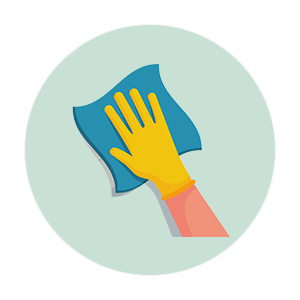
Clean up inside.
- Avoid stirring up or sifting through ash as much as you can. Before sweeping mist with water to keep dust down. Wet dusting cloths with water and use a high efficiency particulate air (HEPA)-type vacuum.
- Clean surfaces, walls and floors with water and mild detergent, and clean and sanitize dishes, counters, and cupboards. Clean carpet, upholstery, window treatments, bedding, clothing, and other similar objects. Allow wet surfaces to dry completely. Do not paint or caulk over surfaces until they are completely dry.
- Replace filters in your HVAC system or portable air cleaners, and filter your air until the smoke odor diminishes. Replace filters frequently.
- Consider having your air ducts cleaned if they are clogged with excessive amounts of dust and debris.
Take Care with Mental Health
When people experience a disaster – like a wildfire – they may experience a variety of reactions. These are normal reactions to abnormal situations. Most people show resilience after a disaster. Leaning on your support network and using healthy coping skills can help. It is also common for people to show signs of stress after exposure to a disaster.
 Seek Additional Support
Seek Additional Support
Feelings such as overwhelming anxiety, constant worrying, trouble sleeping, and other depression-like symptoms are common responses before, during, and after wildfires. If you or someone you know shows any of these symptoms for several days, seek additional support from a mental health professional. Anyone can call or text the Disaster Distress Helpline at 1-800-985-5990 for support and counseling, 24/7. Calls and texts are answered by trained, caring counselors.
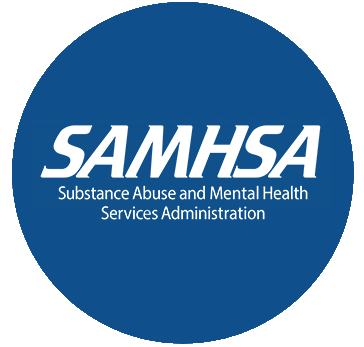 Wildfires Site
Wildfires Site
This webpage contains information on emotional distress risk and includes resources for finding support.








